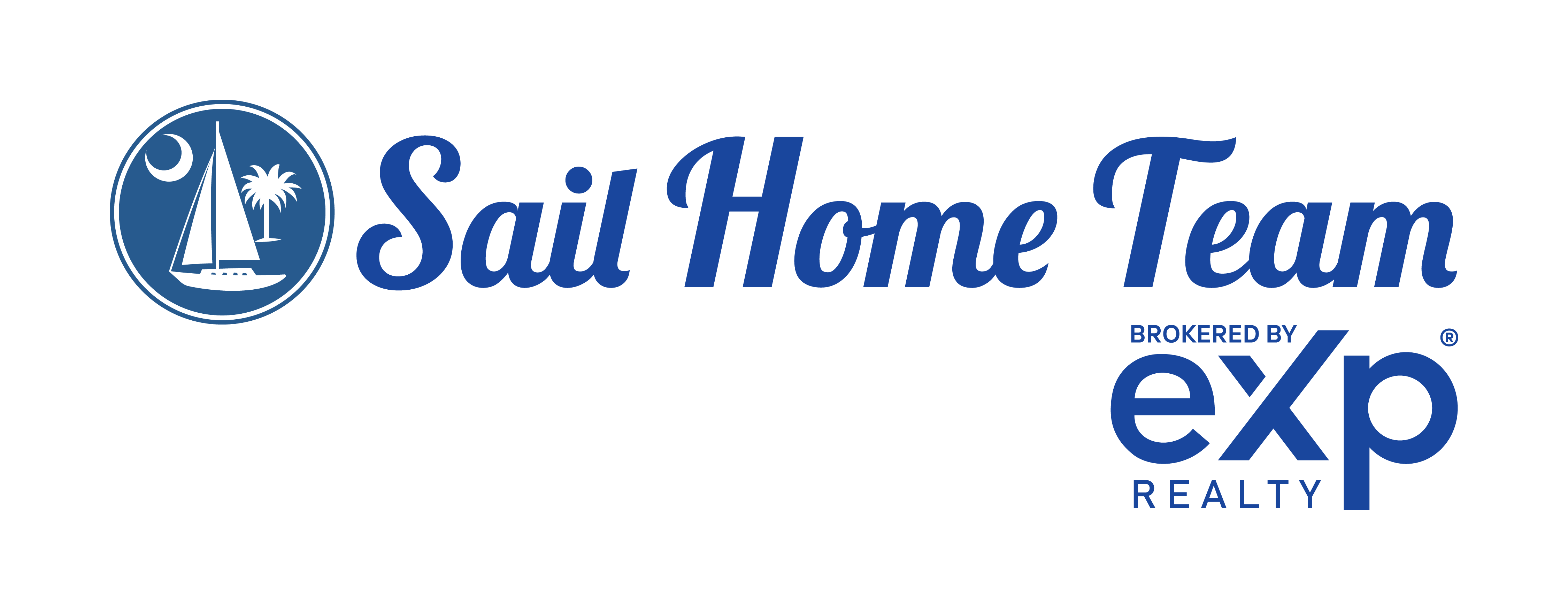

Hilton Head Island, Bluffton, & The Surrounding SC Lowcountry
Blog
Jan 21, 2015
Colder winter weather often sends northerners in search of sunshine and sand to the beautiful beaches of Hilton Head Island. Habitual vacationers often consider purchasing a second home in the Lowcountry to escape to when the desire for warmer temperatures and sunny skies becomes too great to ignore. If you’re considering buying a vacation home in Hilton Head, here are some things you should know about taxes.
1. The Internal Revenue Service defines a vacation home or a second home as one that is permanently in place and provides designated sleeping, cooking, and bathroom areas. This includes beach homes, condos, mobile homes, RVs, house trailers, and yachts. A vacation home doesn’t need to be fancy or located in a vacation area, like Hilton Head; it does, however, have to have a structure: an empty land plot doesn’t count.

2. In addition to interest paid on a mortgage for your primary residence, you can deduct “qualified residence interest” on a mortgage secured by a second home. This also applies to additional loans on either home, including a second mortgage, line of credit, or home equity loan. If you itemize your deductions on a Schedule A and you have a mortgage on a qualified home in which you have an ownership interest, you can deduct the interest you pay on that mortgage. The total amount of debt you can use to calculate the home mortgage interest deduction for your primary home and second home cannot be more than $1 million (or $500,000 if married filing separately).
3. In addition to mortgage interest, local and state real estate taxes paid on a vacation home are usually deductible.
4. You can deduct personal property taxes payable on the value of personal property at your second home, including those taxes due on your yacht or other boats. Note, however, that only personal property taxes, not registration fees, are deductible on these items for federal income tax purposes.
5. If you never rent out your property to anyone, you can claim the above mentioned tax breaks, but not the cost to maintain your vacation home. As with your primary residence, home improvements are personal and rarely deductible.
6. If you rent out your property, you may be able to deduct some home improvement or repair costs. To be eligible for deductions, you must not inhabit the home for persona use for at least 14 days or 10% of the number of days you rent it out. Assuming that you meet the criteria, you can claim the upkeep expenses related to the second home together with rental income received on a Schedule E. Those expenses may include mortgage interest, real estate taxes, casualty losses, maintenance, utilities, insurance, and depreciation. The total of these will reduce the amount of rental income that is taxed.
7. If your deductible rental expenses are more than your gross rental income, you will report a loss. However, your rental losses will generally be limited by the “at-risk” rules or the passive activity loss rules. Rental activities are almost always considered passive, unless you are a real estate professional.
8. As long as you rent the vacation home less than 15 days during the year, you are still allowed to take the deductions for interest, taxes, and casualty or theft losses. Additionally, you do not have to include the rent you receive in your income, though you may not deduct the rental expenses.
9. If you use your second home for personal use and rent it out for more than 15 days, you’ll pro-rate the income and the expenses according to the amount of time you inhabit the property. Report rental income and deduct expenses on Schedule E and deduct mortgage interest, property taxes, and losses attributable to your personal use on Schedule A.
10. When you sell your vacation home, you may be subject to capital gains tax, unless you convert your vacation home to your primary home. However, you must have owned and lived in the home as your primary residence for two of the five years prior to sale. You can only claim the exclusion for one home at a time. If you sell your primary home and move into your vacation house for two years, you can take the exclusion on a subsequent sale.
11. Even if the market turns sour, you can never claim a loss for the sale of a personal residence. However, you may claim a capital loss on investment property, depending on the nature of the loss and whether you have offsetting gains.
For more information about buying a vacation home, contact the real estate agents at Hilton Head Island Real Estate Brokers. We can also recommend some local tax professionals to help you better understand how the tax deductions may apply to you.


If you want to make a little piece of The Island your own, you need more than just a road map and a REALTOR. You need a partner who can make things happen.
Lifestyle
Communities
Activities
Home Sales Hit a Record-Setting Rebound
Jul 24, 2020